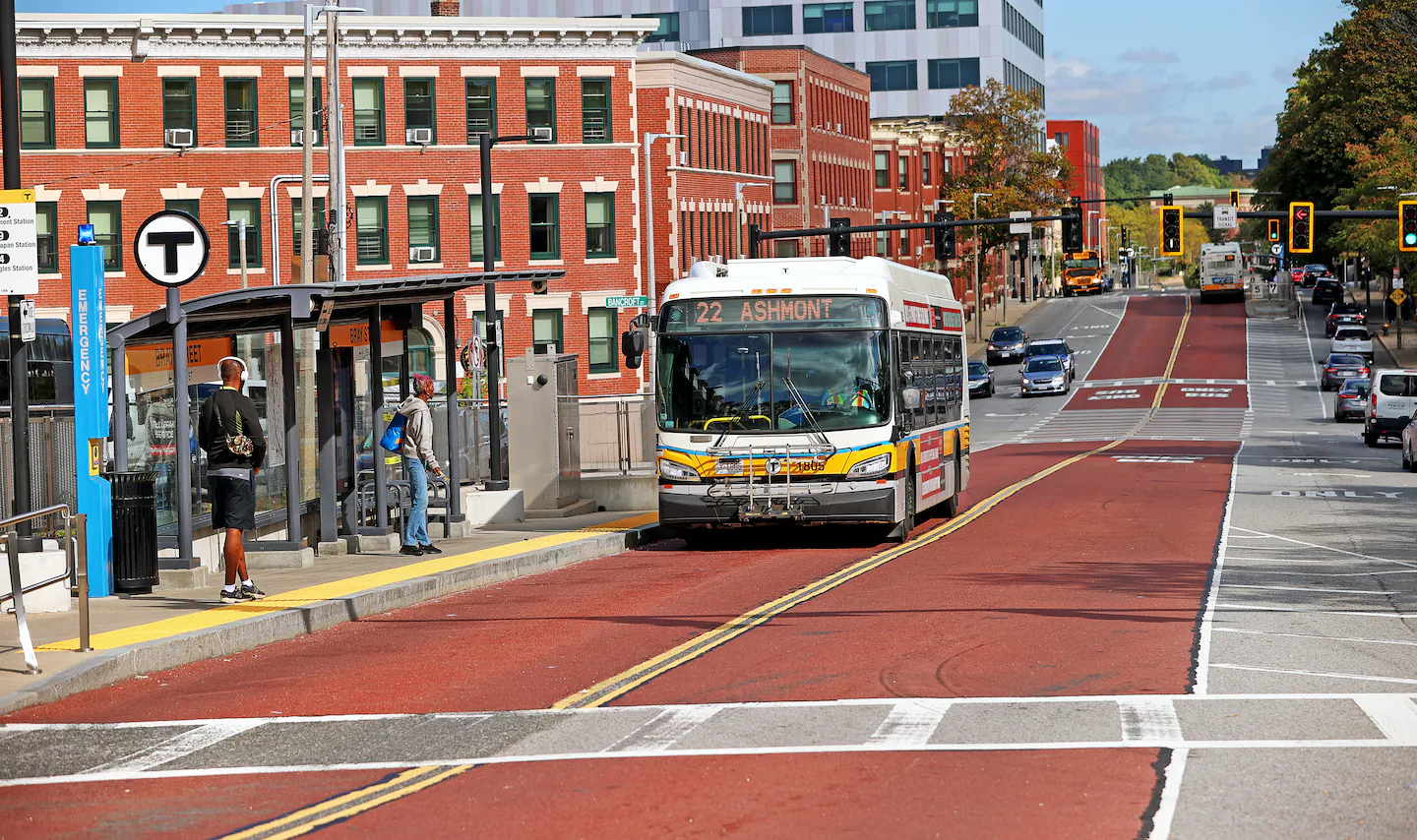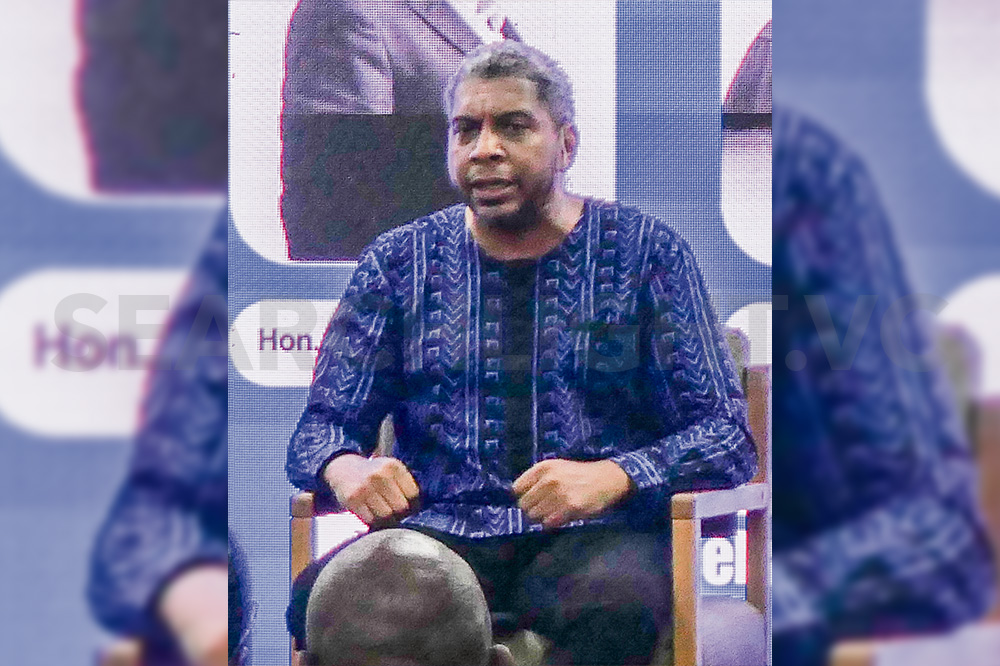
“While blocked bus stops might not be something that is at top of mind when it comes to key challenges facing our bus system, is it something that is extraordinarily impactful,” said Alexandra Hallowell, the MBTA’s director of transit priority.
Governor Maura Healey cleared the way for state transit authorities to begin punishing bus lane obstructionists this past winter, allowing agencies to use cameras installed on buses or at bus stops to pick out violators.
The new law, signed Jan. 8, set the range for bus lane fines between $25 and $125. It pegged the penalty for parked vehicles at bus stops at $100.
The T plans to penalize vehicles blocking its bus lanes as follows:
Passenger vehicles will be ticketed $25 for their first violation within a 180-day period, $50 for their second violation within a 180-day period, $100 for their third violation within a 180-day period, and $125 for their fourth and subsequent violations within a 180-day period. (The MBTA said “a warning will always be issued for someone’s first offense provided the offense didn’t endanger public health, security or safety.” It’s still sorting out what exactly counts as endangering the public.)
Commercial vehicles will be ticketed $50 for their first violation within a 12-month period, $75 for their second violation within a 12-month period, $100 for their third violation within a 12-month period, and $125 for their fourth and subsequent violations within a 12-month period.
The agency expects to begin meting out fines in early 2026 along two Silver Line routes — SL4 and SL5 — before expanding enforcement to the rest of the bus system, according to the T’s website.
Scofflaws should expect their tickets in the mail — after a real-life human reviews the accuracy of the camera-captured infraction, the site added.
The January statute edged Massachusetts into a long taboo and politically fraught realm of traffic control: automated enforcement.
State and municipal leaders have lobbied for the broader legalization of traffic cameras for other kinds of road transgressions. Healey pitched a reform in January to allow localities to catch speeders with camera systems.
Privacy concerns and doubts about efficacy have fed the skepticism of camera critics.
The T, for its part, says it won’t use violations documented by bus cameras “to identify the operator, passengers or contents of a vehicle,” in accordance with state law. It also plans to delete photos after 120 days “unless longer retention is required by law or is needed to enforce a violation.”
The T’s rules also carve out an abundance of exceptions. Veering into a bus lane to make room for an oncoming emergency vehicle is an acceptable excuse. So too is stopping is a bus lane if you’re following the orders of a police officer or traffic signal.
Whatever concerns MBTA general manager Phillip Eng may have about the federal government’s recent threats to restrict federal funding, they were well-concealed Wednesday.
Eng assured the MBTA’s board of directors that the agency has taken last week’s letter from the US Department of Transportation in stride, reiterating the T’s continued commitment to safe service.
Referencing the letter from Transportation Secretary Sean Duffy demanding information about the T’s safety spending and protocols, Eng said he isn’t surprised that federal officials “want to make sure the industry” is focused on security.
“The good thing is that we’ve been focused on safety and security under this administration,” Eng told reporters after the Wednesday board meeting.
Asked whether he fretted about the federal government further closing the taps on grant money, Eng again struck a confident note.
“We are in a good position to continue pursuing dollars, winning dollars,” Eng said. “We have demonstrated that we can deliver projects differently, and safely, efficiently and cost effectively.”



